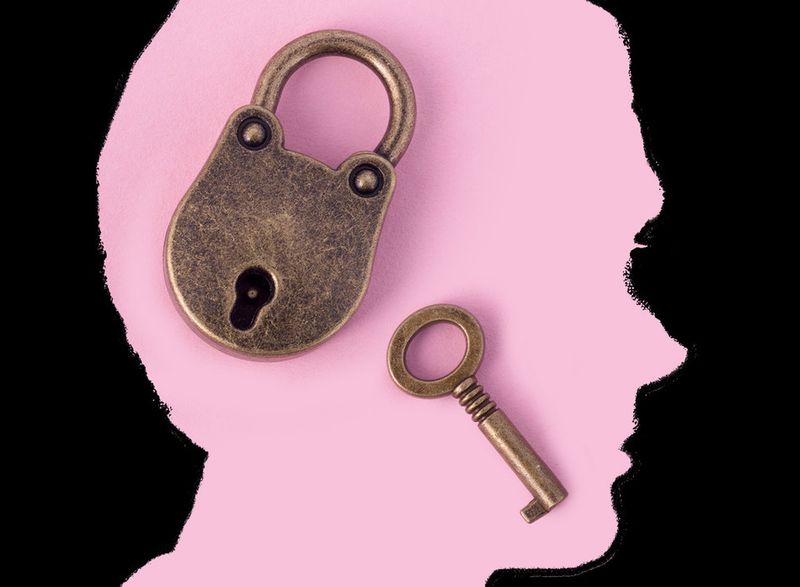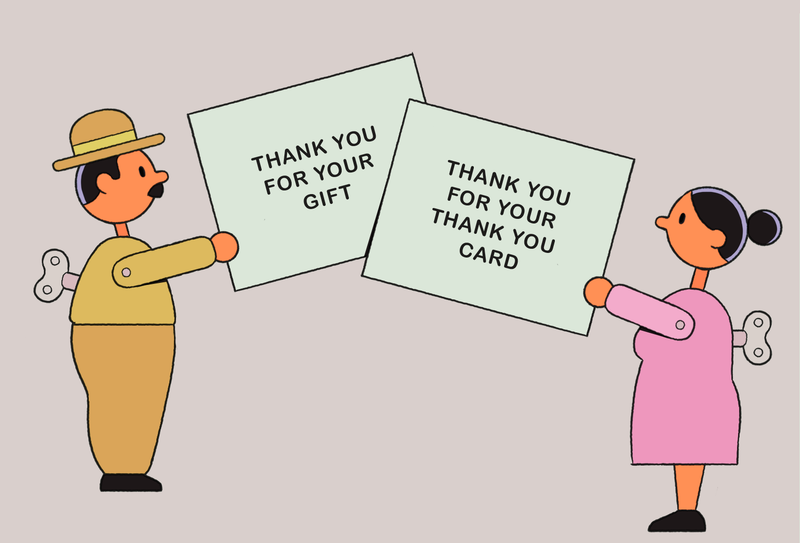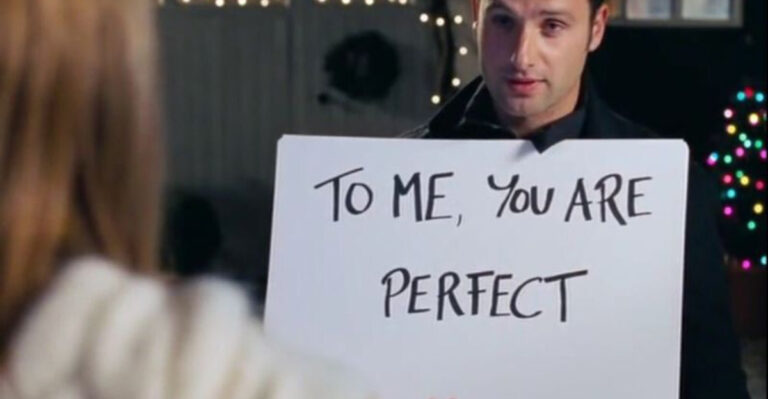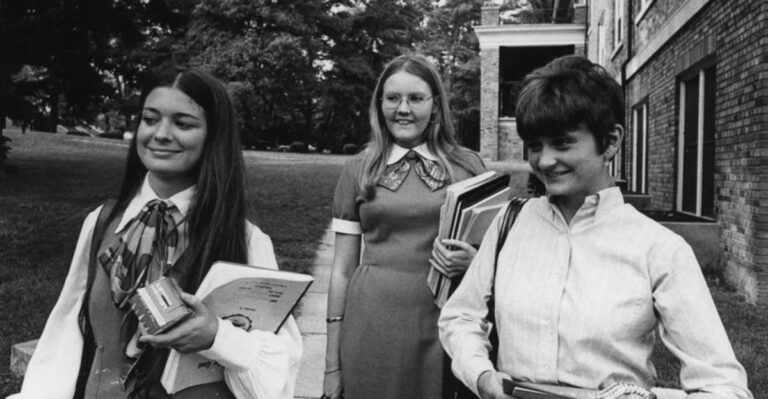17 Embarrassing Pieces Of Advice Baby Boomers Still Confidently Give To Younger Generations
Navigating the generational divide can be a labyrinth of outdated advice. Baby Boomers, with all their lived experiences, often pass down pearls of wisdom that today’s world finds somewhat out of sync.
While some nuggets remain timeless, others have, let’s say, not aged gracefully. Here, with a playful tone, we explore 17 classic pieces of advice that Boomers confidently give, which might just leave younger generations scratching their heads—or rolling their eyes.
1. “Just walk in and hand them your résumé!”

Ah, the classic cold call in person. There’s something undeniably bold about the idea of walking straight into an office and handing over your paper résumé. This advice conjures images of suave executives in three-piece suits, striding confidently past receptionists and into corner offices.
But today’s job market thrives in the digital realm. Many companies prefer online applications and virtual interviews to streamline their hiring processes. Gone are the days when face-to-face first impressions were the golden ticket.
While the chutzpah it requires is admirable, perhaps modern job seekers should focus on crafting impressive LinkedIn profiles and digital portfolios instead. The corporate world has evolved, and so should our approach to it. Still, who wouldn’t admire the nerve it takes to try?
2. “Stay at one job for 30 years—you’ll retire rich!”

Loyalty, they say, never goes out of fashion. The idea of dedicating one’s entire career to a single company is reminiscent of simpler times. Back then, it wasn’t uncommon to receive a gold watch after decades of service.
Today’s job landscape, however, paints a different picture. With startups, gig economies, and rapid technological advancements, staying at one place is often seen as limiting. Employees jump from one opportunity to another, chasing not just salaries but also growth and satisfaction.
While stability holds its charm, the modern workforce seeks dynamic experiences. Perhaps it’s less about the years spent and more about the skills gained. Still, there’s a nostalgic allure in the thought of lifelong tenure. It’s a quaint vision that doesn’t quite fit the puzzle anymore.
3. “Buy a house as soon as you can—simple!”

In times gone by, homeownership was seen as the pinnacle of adulthood—a rite of passage into responsible living. The idea of buying a house early in life was as straightforward as choosing a good neighborhood and settling down.
Fast forward to today, and the housing market is a different beast. Skyrocketing prices, economic uncertainties, and student debts make this advice challenging for many young adults. The dream of a white picket fence might still exist, but it’s clouded by financial complexities.
While the security of owning property is appealing, renting often provides the flexibility young professionals crave. So, while buying a house remains a noble goal, it’s not the straightforward path it once was. This advice, though well-meaning, might need a modern update.
4. “Work hard and the right people will notice.”

The virtue of hard work is timeless, but the notion that it naturally leads to recognition is a bit romanticized.
Being noticed now often requires more than just effort—it involves showcasing achievements and building relationships. While hard work remains foundational, it’s not the sole key to success anymore. A blend of effort and savvy seems to be the new recipe.
5. “Never talk about money, it’s rude.”

Discussing finances was once a taboo enveloped in secrecy and politeness. The idea was to keep one’s financial matters private, steering clear of the dinner table talk to avoid any discomfort.
However, transparency around money is gaining traction, especially among younger generations advocating for financial literacy and fairness. Discussing salaries, investments, and expenses is becoming crucial to ensuring equitable compensation and informed financial decisions.
Keeping mum about money can sometimes perpetuate financial inequalities. This once-polite silence now seems out of place in a world where openness can lead to empowerment. While discretion has its place, informed conversations are paving the way for a more financially aware society.
6. “Don’t get a credit card, it’ll ruin your life.”

Credit cards have long been seen as a slippery slope into debt, with cautionary tales warning of financial ruin. It’s a sentiment echoed by generations who lived through economic hardships.
However, in today’s world, credit cards are tools that, when used responsibly, build credit scores and offer consumer protections. Young adults are advised to utilize these benefits while avoiding excessive debt through mindful spending.
The narrative has shifted from avoidance to education and management. While the fears of accumulating debt are valid, dismissing credit cards entirely overlooks their potential advantages. Responsible usage can indeed be empowering, not destructive.
7. “Don’t air your dirty laundry—keep it in the family.”

The phrase ‘keeping it in the family’ evokes images of close-knit kinships where problems are solved behind closed doors, away from prying eyes. Privacy was paramount, and sharing personal matters publicly seemed indiscreet.
Yet, the digital age has ushered in platforms where sharing experiences can lead to support and understanding. While oversharing remains risky, many find solace in communities that offer advice and empathy.
The tension between privacy and openness is palpable. While discretion is wise, the benefits of sharing in safe spaces can’t be denied. This advice, though rooted in maintaining dignity, sometimes hinders open dialogue and healing.
8. “You’re too young to be tired.”

The idea that youth equals boundless energy is a common misconception. With a world that’s always on, young adults often face burnout from juggling multiple responsibilities.
While Boomers may recall feeling invincible in their youth, today’s pressures are different. The hustle culture, combined with mental health awareness, shows that fatigue isn’t just physical—it’s emotional and mental too.
Acknowledging tiredness isn’t a sign of weakness; it’s human. The vibrant facade of youth doesn’t shield one from exhaustion. Understanding and empathy replace the notion of invulnerability. Recognizing limits is vital, regardless of age.
9. “You’ll meet someone nice if you stop looking.”

The romanticized notion of ‘fate’ suggests that love will find you when you least expect it. It’s a charming thought, often accompanied by tales of serendipitous encounters.
Modern dating, however, frequently involves apps and algorithms. People actively seek connections in digital spaces, challenging the passive approach.
While there’s merit in not forcing love, being open to opportunities is key. Balancing hope with action reflects today’s dating scene. The idea of ‘stopping the search’ might resonate more as finding balance between effort and chance.
10. “You just need to smile more.”

The advice to smile more often is usually well-intentioned, suggesting optimism and approachability. It paints a picture of streets filled with cheerful faces and amicable interactions.
However, telling someone to smile can unintentionally dismiss their feelings or imply they should mask their true self. Genuine emotions are complex, not always suitable for smiles.
While a smile can indeed brighten a day, authenticity is equally important. Encouragement to express true emotions acknowledges the spectrum of human experience. Behind every smile might be a story, and recognizing that adds depth to our interactions.
11. “Don’t move in together before marriage!”

The traditional sequence of courtship, marriage, then cohabitation is a hallmark of earlier generations. The idea was simple: save the shared living space for after tying the knot.
Yet, modern couples often see cohabitation as a step in understanding compatibility before marriage. It tests shared responsibilities and life goals in a way that dating alone cannot.
While the sentiment behind waiting is understood, contemporary dynamics often favor experiencing life together pre-marriage. It reflects a shift towards partnership as a journey of discovery rather than a destination marked by marriage.
12. “Therapy? Just talk to your pastor.”

For many, spiritual guidance was once synonymous with emotional support. Pastors offered a listening ear and wisdom rooted in faith, which was the cornerstone of resilience.
Today, therapy is seen as a professional avenue for mental health, offering specialized assistance beyond spiritual guidance. Younger generations often view therapy as essential and complementary to spiritual support.
While spiritual counsel remains invaluable, therapy provides techniques and insights for complex emotional landscapes. Both have merit, but the path to wellness is often multifaceted, embracing both faith and psychology.
13. “You don’t need boundaries with family.”

The notion of family without boundaries paints an idyllic picture of unconditional support and togetherness. The idea is that family ties can withstand all.
However, establishing boundaries is crucial for healthy relationships. It prevents resentment and fosters respect, allowing individuals to maintain autonomy amidst familial bonds.
The perception of boundaries as barriers is shifting towards viewing them as bridges to healthier dynamics. Loving family doesn’t exclude setting limits; it embraces mutual understanding and respect.
14. “You need to send thank-you notes for everything.”

The art of handwritten thank-you notes evokes a warm nostalgia, reminiscent of a time when personal touches mattered most. Each note carried gratitude in inked elegance.
In today’s fast-paced world, emails and texts have largely replaced this practice. The essence of gratitude remains, but its expression has adapted to modern conveniences.
While digital appreciation is efficient, handwritten notes still hold a special charm. They remind us of the value in pausing to express thanks, blended with the practicality of contemporary communication methods.
15. “Phones are ruining real relationships.”

In a world where screens dominate, the concern that phones impede genuine connections is understandable. The image is often one of silent gatherings, faces lit by screens.
However, digital tools also bridge distances, enabling communication across miles. It’s less about the technology and more about how it’s used that shapes relationships.
Balancing screen time with face-to-face interactions is key. The narrative of phones as relationship ruiners evolves into a dialogue on mindful usage and the richness technology can bring when used wisely.
16. “You just have to pay your dues.”

The journey from the bottom to the top is often accompanied by tales of ‘paying dues.’ It’s a narrative of perseverance, reminiscent of starting in the mailroom and working up.
Yet, meritocracy and innovation encourage questioning this linear path. Many now forge unique paths, using creativity and new paradigms to leapfrog traditional hierarchies.
While experience remains invaluable, the idea of dues has adapted to include not just time, but also innovation and impact. The evolution reflects a more dynamic understanding of career growth.
17. “Back in my day, we didn’t need all this mental health stuff.”

The simplicity of ‘the good old days’ often glosses over the challenges faced without modern mental health awareness. It’s a statement rooted in resilience, but overlooks the silent struggles many endured.
Today, mental health is recognized as vital, with resources and conversations supporting well-being. This generational shift reflects a broader understanding of health beyond the physical.
Acknowledging mental health needs doesn’t negate past resilience; it enhances present empathy. Embracing this broader health perspective improves life quality for all, honoring both past endurance and current insights.







